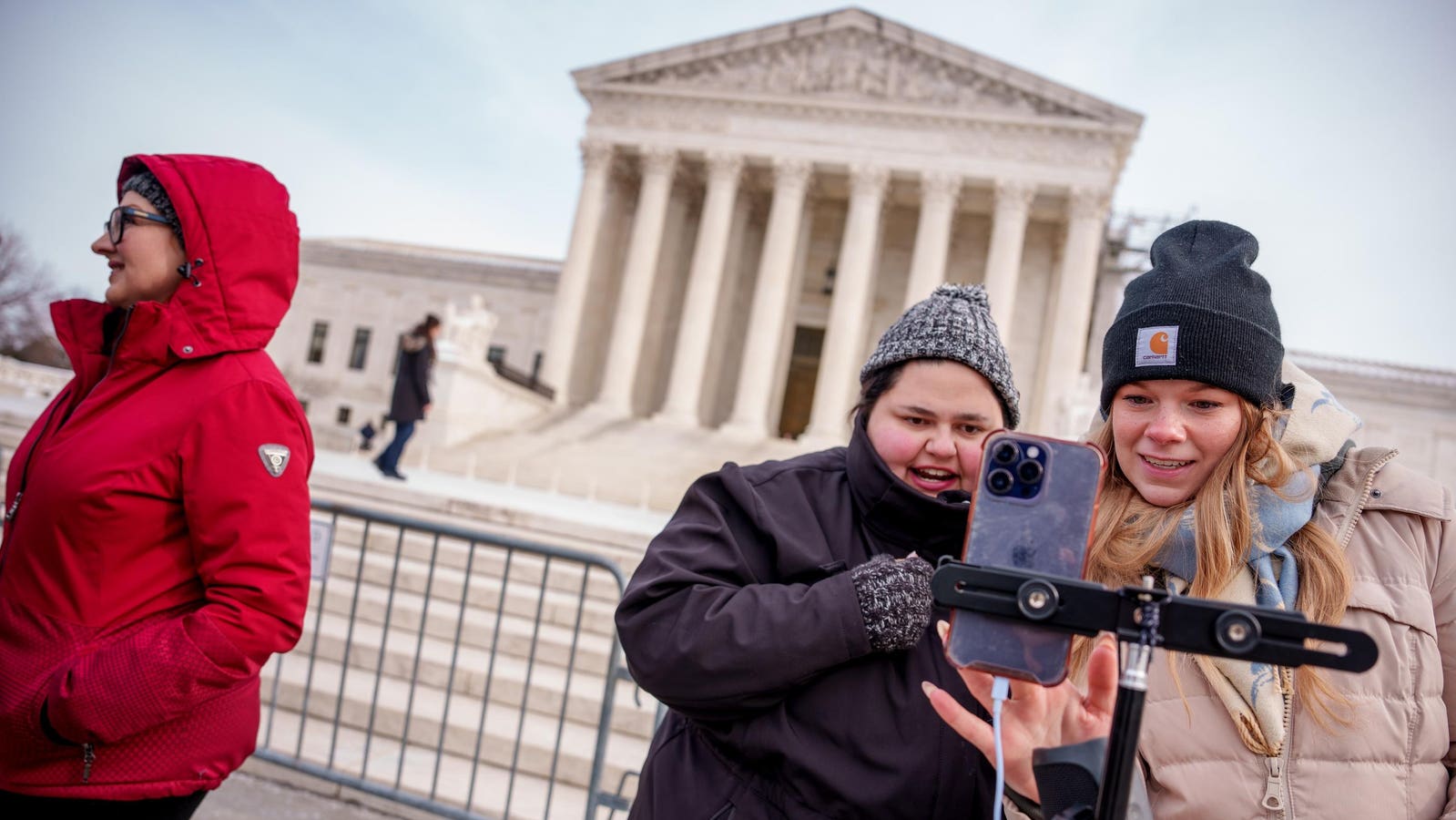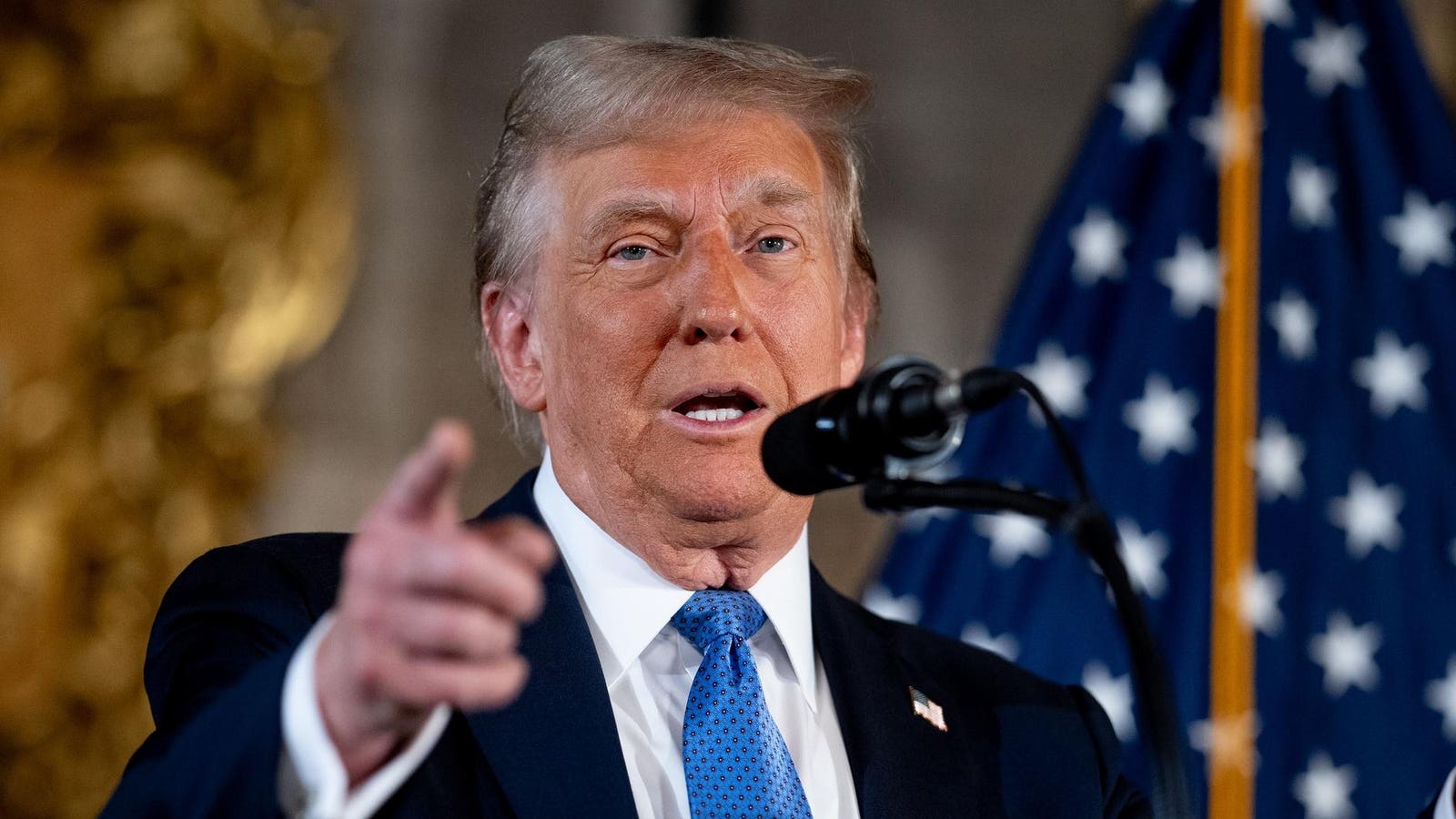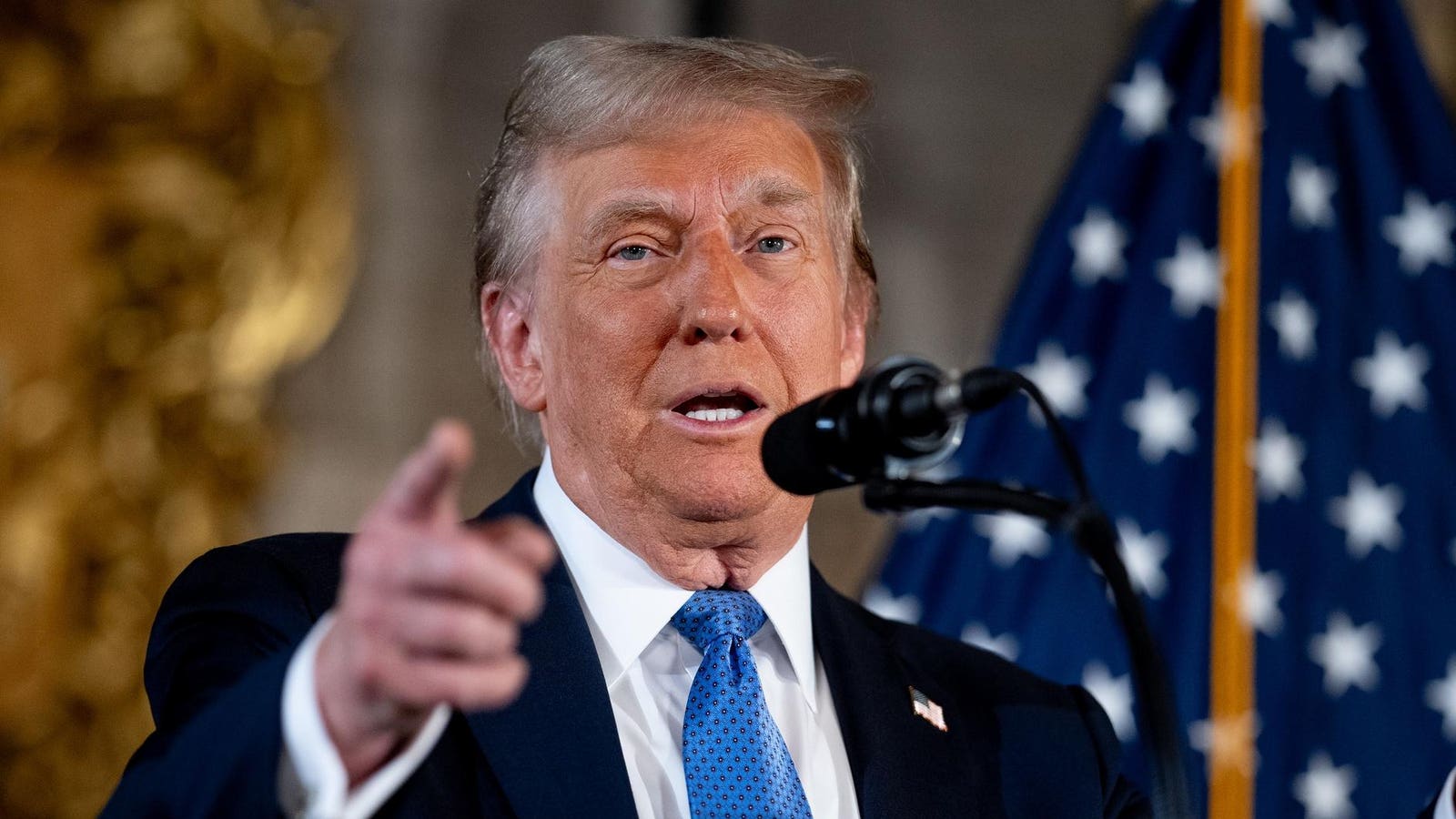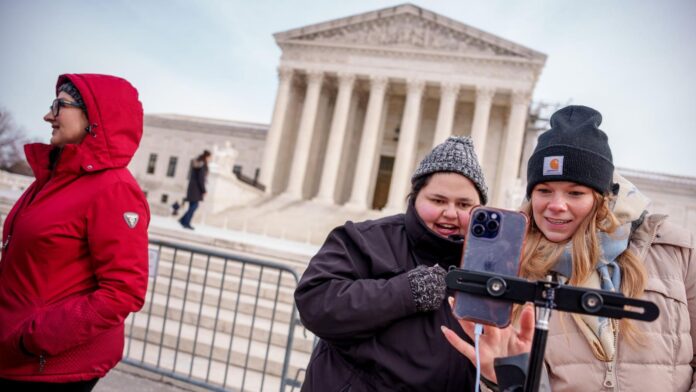Breaking News: TikTok’s Fate Hangs in the Balance Get ready to scroll through the latest drama unfolding in the tech world. Today, the Supreme Court is expected to make a landmark decision that could potentially ban TikTok in the United States. The highly anticipated ruling, which may be announced as early as today, has left millions of users wondering: what does this mean for me? As the nation’s top justices signal that they may uphold a law that prohibits the popular Chinese-owned app from operating in the country, we break down the crucial context and key takeaways you need to know. From the roots of the controversy to the potential repercussions for users, stay ahead of the curve with our expert analysis of the Supreme Court’s decision on TikTok.
The Supreme Court’s Decision: A Crucial Moment for TikTok

The Supreme Court’s decision on the TikTok ban has significant implications for the social media platform, its users, and the broader tech industry. The court’s ruling will determine the fate of TikTok’s US operations, with the ban set to take effect on Sunday unless the Supreme Court intervenes.

What’s at Stake: Understanding the TikTok Ban
The Law and the Ban: Separation from ByteDance
The federal law requires TikTok to separate from its parent company, ByteDance, or face a ban in the US. The law is scheduled to take effect on Sunday, unless the Supreme Court rules otherwise. TikTok and its creators argue that the ban violates their First Amendment rights, while the federal government argues that the ban is necessary for national security.
ByteDance, a Chinese-based company, has been a subject of national security concerns due to its ties to the Chinese government. The US government fears that ByteDance could be compelled to share user data with the Chinese government, posing a risk to national security.
The ban is not just about national security, but also about the potential impact on users and creators. If the ban takes effect, TikTok would need to shut down its US operations, potentially affecting millions of users and creators.

The Supreme Court’s Role
The Supreme Court will weigh the arguments of both sides, considering the First Amendment rights of TikTok creators and the national security concerns raised by the federal government.
The justices will examine the constitutionality of the federal law, determining whether it is a legitimate exercise of Congress’s authority or an overreach of power.
Justices will also consider the impact of the ban on users and creators, weighing the potential benefits of the ban against the potential harm it could cause.
The Implications of a Ban
If the ban takes effect, TikTok would need to shut down its US operations, potentially affecting millions of users and creators. This could have significant economic and social implications, particularly for young users who rely on the platform for social interaction and self-expression.
The ban could also have broader implications for the tech industry, potentially setting a precedent for future government regulation of social media platforms.
The Supreme Court’s Oral Arguments: A Closer Look
Justices’ Questions and Concerns
During oral arguments, justices raised questions about TikTok’s First Amendment rights, the national security concerns, and the potential impact on users and creators.
Justices appeared skeptical of TikTok’s arguments, with some questioning whether the ban would truly silence the platform’s users.
Justices also raised questions about the government’s arguments, particularly regarding the national security concerns and the potential impact on users and creators.
Justices’ Skepticism
Justices Elena Kagan and Amy Coney Barrett questioned how TikTok’s First Amendment rights are implicated when the law is specifically targeting ByteDance—a foreign-owned company—and its algorithm.
Justice Ketanji Brown Jackson suggested TikTok was “wrong” that the case violates its First Amendment rights, and said she thought the case was more about TikTok wanting to associate with ByteDance than its speech being silenced.
Chief Justice John Roberts said the federal law was “not a burden on” TikTok and its users’ “expression at all,” arguing Congress was fine with users’ speech on the app but just not a “foreign adversary” gathering information about the app’s users.
Government’s Arguments
The federal government argued that the ban is necessary for national security, citing ByteDance’s Chinese ownership and concerns about data collection.
The government also argued that the ban is not an overreach of power, but rather a legitimate exercise of Congress’s authority to regulate foreign-owned companies.
What to Watch For: The Supreme Court’s Decision
The Supreme Court may rule on the case today, potentially delivering a decision on the ban’s fate.
Justices may also delay the law from taking effect until after January 19, if they need more time to deliberate.
The court’s Friday agenda notes that they may announce opinions on the homepage beginning at 10 a.m. EST.
The Impact of a Trump Executive Order
Trump’s Involvement
President-elect Donald Trump opposes the TikTok ban taking effect, and his lawyers have asked the Supreme Court to stop the law from taking effect until after he takes office.
Trump has expressed concerns about the ban, stating that he wants to protect users’ data from potential foreign interference.
Trump’s lawyers have also argued that the ban would be an overreach of power, and that the law would not effectively address national security concerns.
Executive Order Options
Trump may consider issuing an executive order to pause the law, declare TikTok in compliance with the law, or use an executive order to declare the law won’t be enforced.
Any executive order would need to be carefully crafted to avoid potential legal challenges, and to effectively address the national security concerns raised by the federal government.
Trump’s lawyers have argued that an executive order could provide a temporary solution to the crisis, allowing time for negotiations with ByteDance and the resolution of the national security concerns.
The Future of TikTok: Implications and Practical Aspects
Impact on Users and Creators
A ban or delay would affect millions of users and creators, potentially disrupting their online presence and livelihoods.
The ban could also have broader implications for the tech industry, potentially setting a precedent for future government regulation of social media platforms.
National Security Concerns
The ban is intended to address national security concerns, but some argue that it would not effectively address these concerns.
The federal government fears that ByteDance could be compelled to share user data with the Chinese government, posing a risk to national security.
However, other experts argue that the ban is not a practical solution to the national security concerns, and that it would not effectively address the issue.
The Role of Congress
Congress may need to intervene to repeal the law or address the national security concerns through alternative means.
Congress has the power to repeal the law or modify it to address the national security concerns raised by the federal government.
However, any change to the law would need to be carefully crafted to avoid potential legal challenges and to effectively address the national security concerns.
Analysis and Conclusion
The Supreme Court’s decision will have significant implications for TikTok, its users, and the broader tech industry.
The ban or delay will raise questions about the platform’s future, potentially leading to a re-evaluation of its business model and operations.
The case highlights the complex relationship between government regulation, national security concerns, and the tech industry.
Conclusion
The Supreme Court’s potential ruling on the TikTok ban casts a long shadow over the tech landscape, highlighting the delicate balance between national security concerns and individual freedoms in the digital age. The justices’ signals suggest a possible upholding of the law, leaving the fate of this immensely popular platform hanging in the balance. The arguments presented focus on the perceived threat of data access by the Chinese government, with proponents of the ban emphasizing the potential for national security breaches. On the other hand, TikTok’s defenders argue that the ban infringes on free speech and sets a dangerous precedent for government censorship.
This decision will have far-reaching implications, not just for TikTok itself, but for the broader tech industry. A ban could embolden other nations to take similar action against foreign-owned platforms, potentially fracturing the global internet and hindering online communication. Furthermore, it raises fundamental questions about data privacy and the role of government oversight in the digital realm. Will this ruling mark a turning point, ushering in an era of increased scrutiny and potential restrictions on tech giants? The answer lies in the hands of the Supreme Court, and the world watches with bated breath.
One thing is certain: this isn’t just a case about a social media app; it’s a pivotal moment in the ongoing struggle to define the contours of freedom and security in the digital age. The implications will ripple far beyond the courtroom, shaping the future of online expression and the very fabric of our interconnected world.
